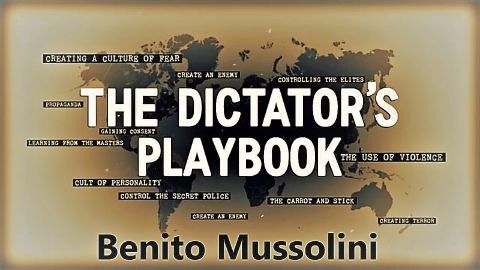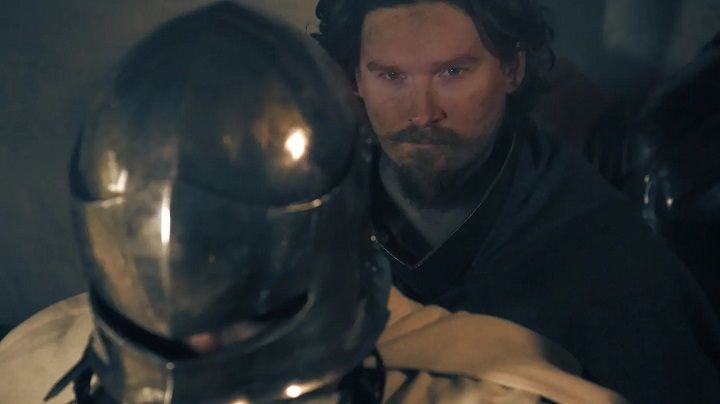Part 3: In Memory of the Vanquished (1922-1945) • 2016 • episode "S1E3" • No Gods, No Masters: A History of Anarchism
By assassinating nearly a third of Europe's workers in some countries, World War 1 reduced the militant mass to silence. But it was above all the repressive measures of the major democracies that, from deportations to executions, dealt a blow to the anarchist movement. In this fertile inter-war period, where capitalism gave birth to its two foul beasts, Stalinism and fascism, more than ever before, anarchism continued to be the only force of resistance for the people, in the face of the totalitarian hydra that was increasingly generalising theft and industrialising death. From Boston to Barcelona, from Tokyo to Paris, anarchism was to lead a struggle on all fronts. It was eventually in Spain, during the course of a war resembling a revolution that the movement finally came within reach of utopia.
Make a donation
Buy a brother a hot coffee? Or a cold beer?
Hope you're finding these documentaries fascinating and eye-opening. It's just me, working hard behind the scenes to bring you this enriching content.
Running and maintaining a website like this takes time and resources. That's why I'm reaching out to you. If you appreciate what I do and would like to support my efforts, would you consider "buying me a coffee"?
Donation addresses
BTC: bc1q8ldskxh4x9qnddhcrgcun8rtvddeldm2a07r2v
ETH: 0x5CCAAA1afc5c5D814129d99277dDb5A979672116
With your donation through , you can show your appreciation and help me keep this project going. Every contribution, no matter how small, makes a significant impact. It goes directly towards covering server costs.








